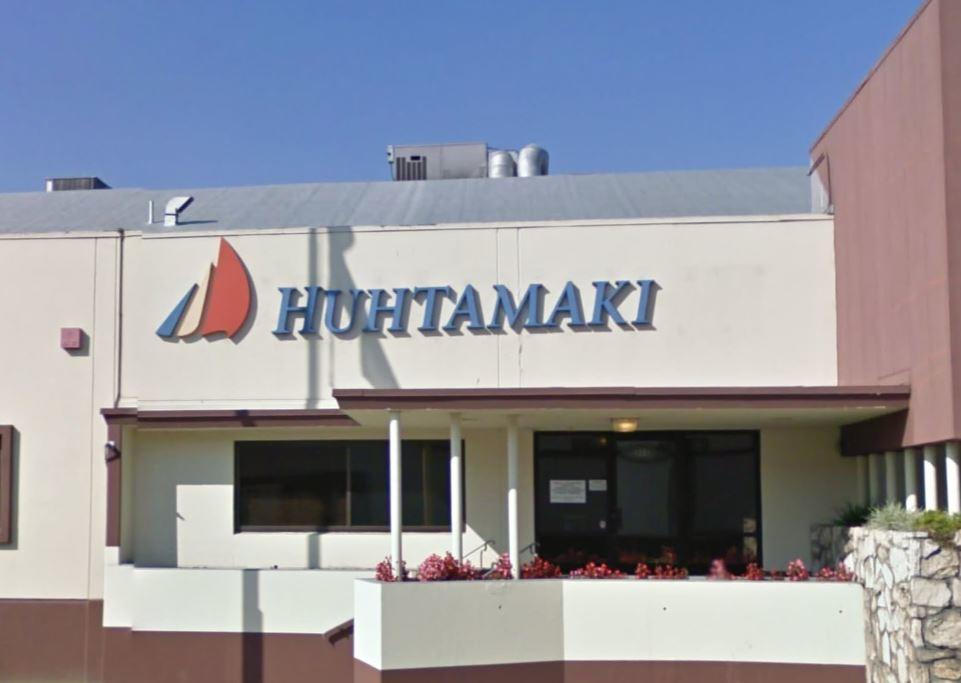Labor & Economy
Packaging Misery in Commerce

(Note: The following opinion piece was written by a single mother of two children who fears losing her job. For this reason her name has been withheld.)
What does “Made in America” mean to you? For consumers, it means a quality product. For workers, it means a good paying job and an opportunity to achieve the American Dream. Yet “Made in America” can also stand for opportunity to exploit workers under harsh conditions and unfair wages. That’s what it means in the manufacturing plant where I work in Commerce.
I’ve worked three years for Huhtamaki, a Finnish-owned packaging manufacturer located in the Los Angeles area. We make ice cream containers and other products for Walmart. And the job, it’s just not what people are talking about when they talk about investing in new manufacturing jobs in our country.
As a single mother of two, making ends meet is hard. My paycheck barely covers my bills and I rely on Section 8 assistance to pay my rent.
When I first started at Huhtamaki, I loved my job. While I still go every day to support my children, there is no future and no financial security that I can build through this job. My colleagues, like me, are struggling to get by on our low wages while the cost of living continues to rise. Our plant is unbearably hot — I have seen a co-worker faint in the heat.
My daughter is young, and I work hard so she will never have to work at a place like this, so she can have a job with dignity. My parents taught me to work hard and to do my job well. I want to set the same example for my children.
Good jobs don’t pay poverty wages. Made in America shouldn’t mean being forced to work in conditions that have resulted in workers fainting and managers threatening workers; yet this is what too many American manufacturing workers face every day.
This week, as Walmart hosts a U.S. Manufacturers’ Summit, where its public face will show support for American manufacturing and American workers, I think it’s important to consider what kind of jobs we’re really talking about. While it is important that we bring manufacturing jobs back to the United States, it is just as important that we ensure that the jobs that come back are ones that we can be proud of – and that means jobs that pay enough for workers to support their families.
We need jobs that pay a decent wage and allow workers the right to collectively bargain for benefits and better conditions. We need jobs where hard work is recognized and rewarded. Finally, we need jobs that let us provide for our children, and jobs that will let them build their lives when they’re grown.
As CEOs attending Walmart’s Summit discuss the future meaning of “Made in America,” I hope they remember that labels and slogans don’t equal the American Dream, and that not all American jobs are created equal.
We can make that dream a reality, but only if manufacturing corporations like Huhtamaki and super retailers like Walmart understand that it’s a good paying job that is the value that Americans have in mind when they think about the investment in manufacturing. The creation of more low-paying jobs that keep us struggling is nothing to hold up for recognition.

-

 Column - State of InequalityJanuary 29, 2026
Column - State of InequalityJanuary 29, 2026Are California’s Billionaires Crying Wolf?
-

 Latest NewsFebruary 3, 2026
Latest NewsFebruary 3, 2026Amid the Violent Minnesota Raids, ICE Arrests Over 100 Refugees, Ships Many to Texas
-

 Dirty MoneyJanuary 30, 2026
Dirty MoneyJanuary 30, 2026Amid Climate Crisis, Insurers’ Increased Use of AI Raises Concern For Policyholders
-

 Featured VideoFebruary 4, 2026
Featured VideoFebruary 4, 2026Protesters Turn to Economic Disruption to Fight ICE
-

 The SlickFebruary 2, 2026
The SlickFebruary 2, 2026Colorado May Ask Big Oil to Leave Millions of Dollars in the Ground
-

 Column - State of InequalityFebruary 5, 2026
Column - State of InequalityFebruary 5, 2026Lawsuits Push Back on Trump’s Attack on Child Care
-

 Column - California UncoveredFebruary 6, 2026
Column - California UncoveredFebruary 6, 2026What It’s Like On the Front Line as Health Care Cuts Start to Hit
-

 The SlickFebruary 10, 2026
The SlickFebruary 10, 2026New Mexico Again Debates Greenhouse Gas Reductions as Snow Melts

